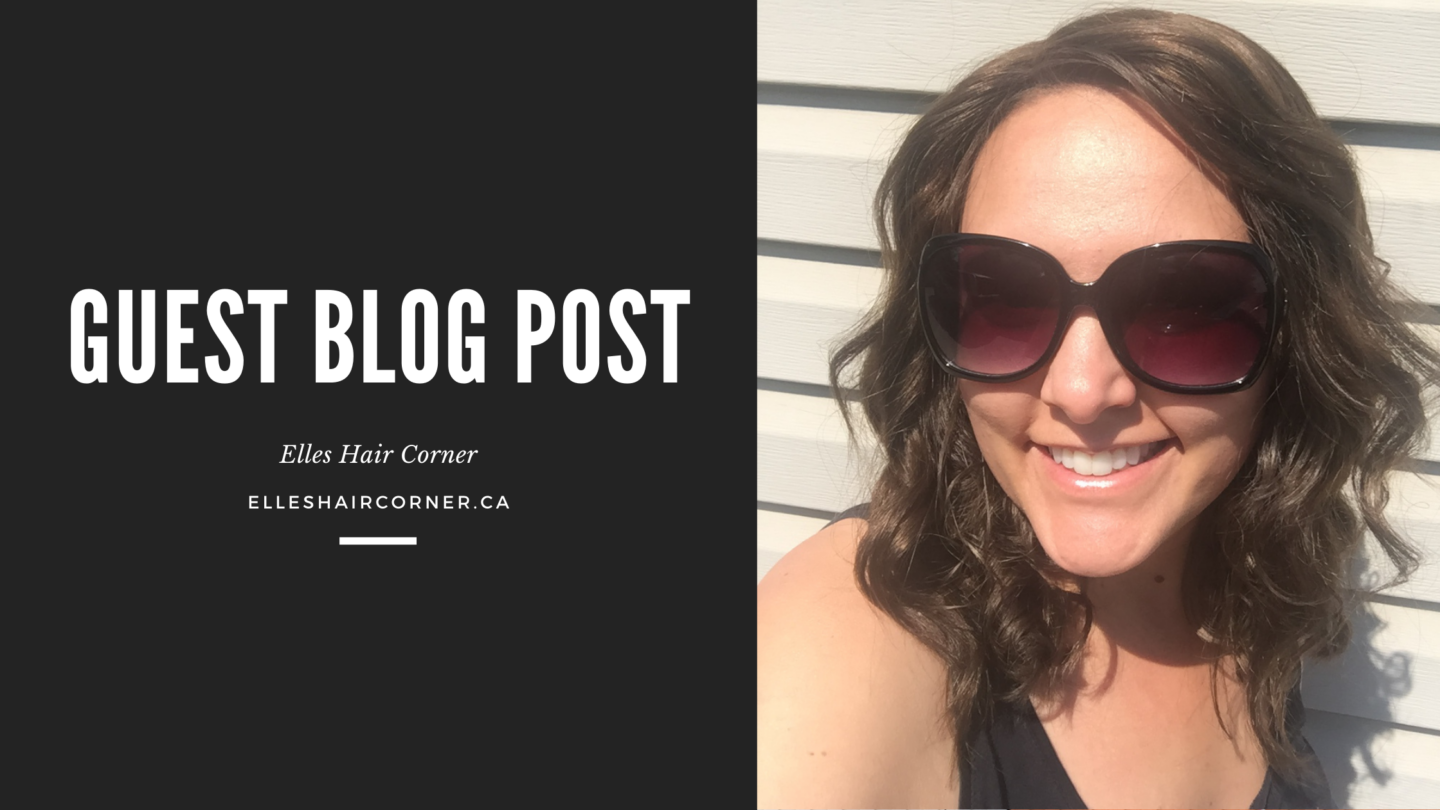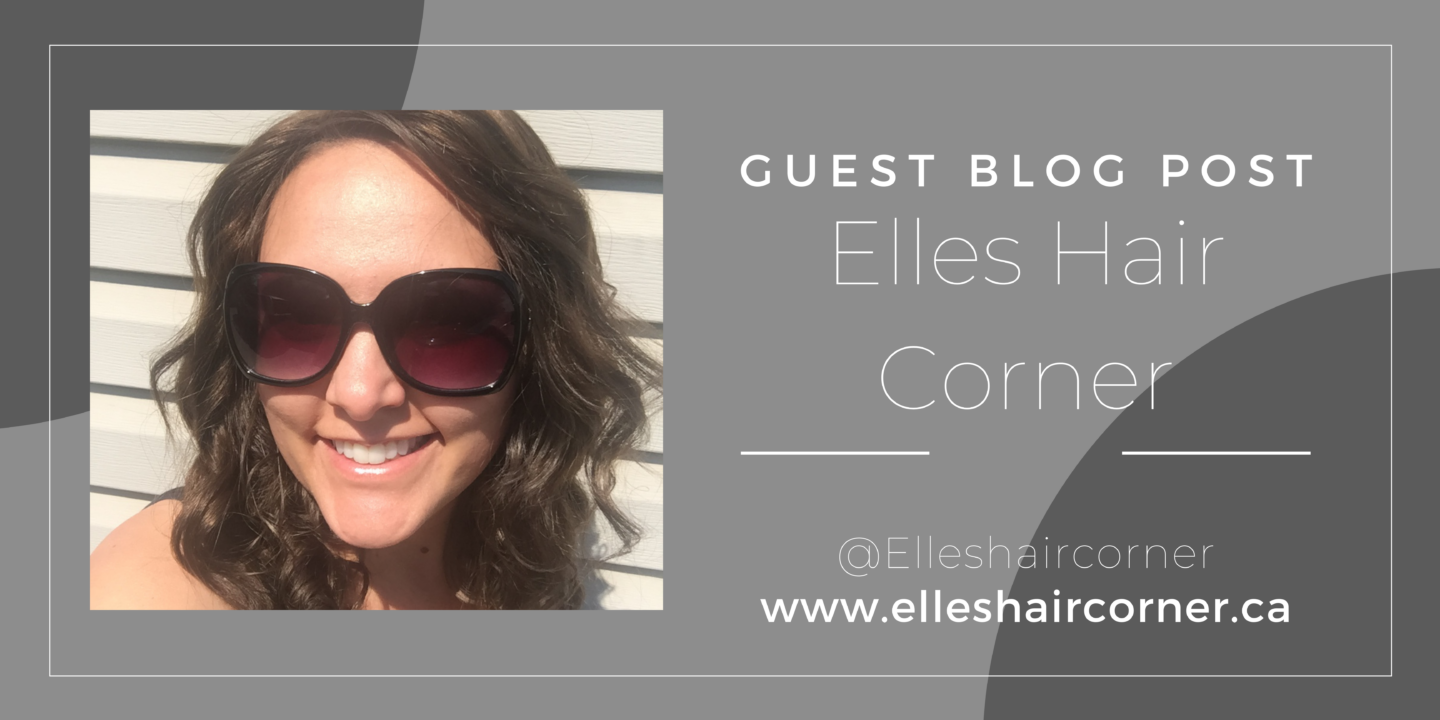
Working in mental health, I greatly appreciate one’s need for proper support in managing difficult health conditions or facing issues related to body image. As a longtime alopecian myself, I want to offer my insights on how you can support your friend, loved one, partner, spouse, coworker or acquaintance experiencing hair loss. Here’s how you can help.
#1- Don’t mention it until they do!
There are different views on this perhaps. In my 15 years since I was diagnosed with Androgenetic Alopecia, I received several unwelcome comments about the thinness of my hair. Without calling out anyone specifically, I will tell you that someone closest to me felt the need to point out my thinning (on my 20th birthday no less) and this had a deep, long lasting negative impact on me.
If someone’s hair is thin enough that you’ve noticed, chances are, they already know! There’s really no need to point it out. It isn’t helpful. I know that this can come from a place of genuine care and concern, but it can be very hurtful to the person on the receiving end. Think about it this way, what if someone you hadn’t seen in a while let you know you had packed on a few pounds since they last saw you? Probably wouldn’t sit so well with most people.
If the conversation happens organically, there is no reason to point out that you had “noticed but didn’t want to say anything.” This isn’t helpful either. Something like “do you want to talk about it?” would be sufficient (see #2 below!).
#2- Let your friend talk about their concerns
Vulnerability can be uncomfortable both for the person disclosing, and the person on the receiving end. Don’t shy away from the conversation because it makes YOU feel uncomfortable. Imagine how uncomfortable your friend is living with hair loss, feelings/suspicions of people constantly staring at their bare scalps, feeling insecure, and now feeling the need to have to explain it to everybody. Be sure to actively listen to their concerns. Ask questions if you are unsure about something. It is perfectly okay if you don’t know how to respond, as long as you let them know that you are willing to listen. There is already so much shame experienced by a hair loss sufferer that they don’t need you to make them feel even more ashamed in opening up just for you to shut down the conversation. Don’t change the subject just because you don’t think hair loss is important.
#3- Do NOT minimize or be dismissive about your friend’s feelings
Many people I confided in told me my hair “didn’t look that bad” or that they couldn’t tell that I was losing it. This is well-meaning, but unhelpful. It makes your friend feel as though you don’t care about the changes they have noticed in their own hair. You know how your own hair feels when you run your fingers through it- so does your friend. They KNOW their hair is less dense than it once was. It can also be tempting to turn your friend’s “negative” into a “positive” by saying things like “well at least you don’t have to spend hours drying your hair” or “it must be nice to just throw on a wig and go” or “well at least you look good in hats.”If somebody said those things to me, it would most certainly be met with a sarcastic “well gee, I hadn’t considered that.” ?
It is easy for someone with a full head of hair to say “it’s just hair”, or to jump straight to “at least it’s not something life threatening.” There is no need to make your friend feel silly or guilty for being upset about their hair loss. How we feel about hair is intrinsically intertwined with societal perceptions of beauty. Our hair may connect us to our culture, family, or remind us of things in our past. It is often the first thing people notice about us whether consciously or unconsciously. While long, lush locks are not inherently symbolic of femininity, we as participants in our current society have been conditioned to feel a certain way about how a woman “should” look.
Side note: there is amazing work being done challenging these ideals of “feminine beauty standards.” But that discussion is for another time! The point of the matter is, if your friend is confiding in you about their hair loss, obviously their hair means something to them, and it is painful for them to see it coming off of their head.
#4- VALIDATE/EMPATHIZE
Your friend has confided in you. Now what? “Wow, that must be really hard” is an easy statement to show you are trying to understand from their perspective. This will help them feel heard. Some other things you can say: “It sounds like that is really troubling you.” ”It seems like your hair loss is really impacting the way you feel about yourself.” ”I’m so sorry you’re going through this; I’m here to support you.” ”Tell me what it has been like for you dealing with hair loss.”
#5- Do not jump to solutions/problem-solving
Instead, ask how you can be supportive. Maybe your sister’s friend’s cousin’s boss tried this new shampoo that totally worked to grow their hair back, or they used this supplement or that serum to stop their hair fall. DO NOT, I repeat, DO NOT MAKE THIS SUGGESTION (unless you are a qualified dermatologist, in which case, you can feel free to bring on the evidence based, scientifically proven and independently validated, clinical treatment recommendations)! Allow your friend the opportunity to research their own options and make an informed decision. It would be fine to ask them if they have a plan about how they will handle their hair loss after they have had a chance to talk to you about their feelings and experiences and have felt heard. You can also follow up with your friend later if they’ve mentioned something specific they would like to try to see if it’s working for them. Or, if you really want bonus points, offer to go with them if they talk about trying helper hair or getting a big chop. It can be scary to take these steps to take all on your own!
#6- Thank them for sharing something so vulnerable with you
As I said above, it can be extremely embarrassing and difficult to talk about hair loss. Your friend has entrusted you with something they have likely been struggling with for a while. Let them know that you will continue to support them, and that no matter the state of their hair, or what options they choose to deal with their alopecia, you won’t think differently of them.
#7- Respect their privacy by keeping it to yourself
If and when your friend is ready to be more open about their hair loss, THEY will do so on their own terms. You do not need to tell everyone you know about a person’s condition. Respect their privacy and do not share unless they give you their express consent to do so.
#8- Celebrate with them
Now that your friend has found an option or options that works for them and their hair loss, it’s time to CELEBRATE! Be happy for them. Let them know if you notice a positive change in how they carry themselves. And if they buy a bomb new wig, for Pete’s sake you better notice and “ooooh” and “ahhh” with them. She might even let you try it on some time!!!!!!!!!!!!!!
If you have broken any of these golden rules, revisit the subject with your friend and take ownership. Saying “I’m sorry I dismissed your concerns when you spoke to me about your hair loss” can go a really long way (see VALIDATE!).
SHARE THIS WITH SOMEBODY WHO NEEDS TO HEAR IT!
• Blog: www.elleshaircorner.ca
• Instagram: @elleshaircorner
• Facebook: ellea_nne
• YouTube: Elle’s Hair Corner

A great list of rules
Author
Thank you ?
My daughter has a couple of friends (twins) with alopecia and I’ve never mentioned it because they’ve never mentioned it. But this was super helpful, thank you so much.
Author
Thank you so much for reading, I’m glad it was helpful! Elle is a great writer and her blog is a definite favourite of mine for everything hairloss and Alopecia.
This is such an amazing post! I really love how you stated very important and valid points!
Author
Elle is a great writer! Love all her points ?